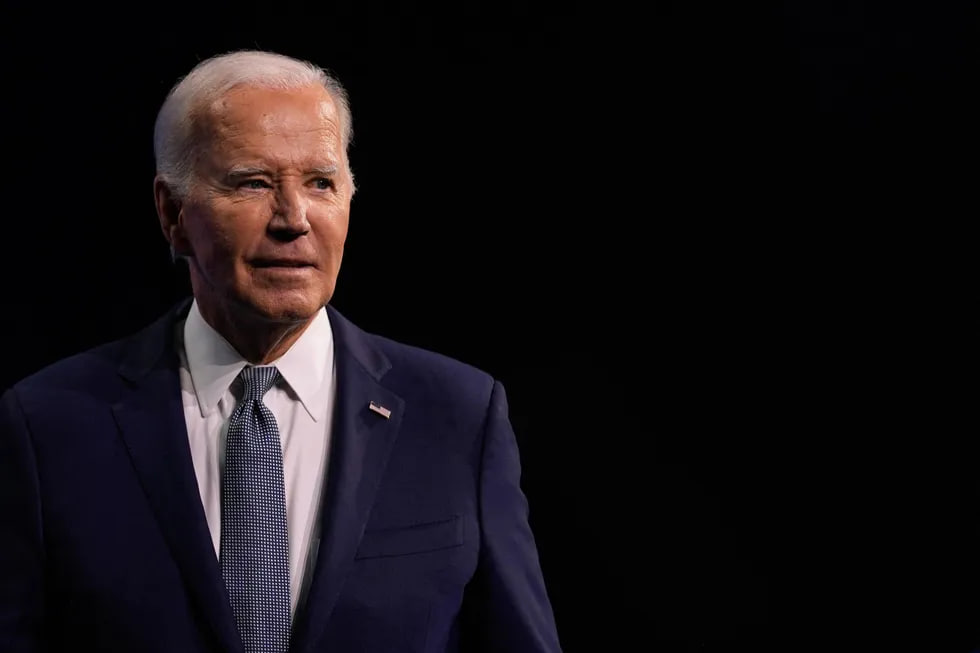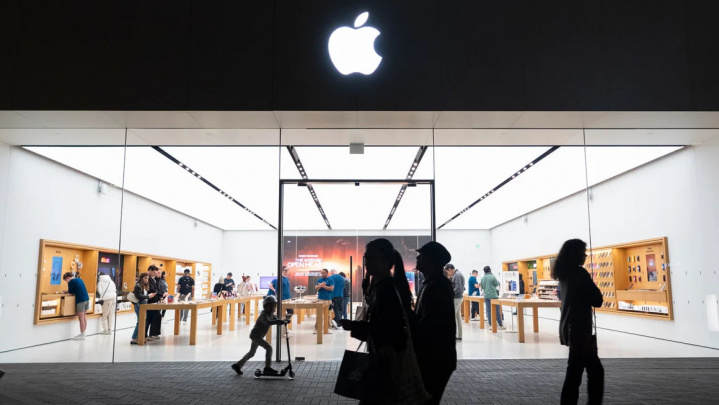President Biden ends reelection bid, backs Harris as Democratic nominee
President Biden’s unexpected decision to end his reelection campaign on Sunday has thrown the Democratic Party into an unprecedented rush to select a new nominee just months before the election.

Photo: Kent Nishimura / AFP / Scanpix / LETA
Biden, 81, announced his withdrawal in a letter posted on social media, stating, “It has been the greatest honor of my life to serve as your President. And while it has been my intention to seek reelection, I believe it is in the best interest of my party and the country for me to stand down and to focus solely on fulfilling my duties as President for the remainder of my term.”
Following this announcement, Biden endorsed Vice President Kamala D. Harris as his preferred replacement. “Today I want to offer my full support and endorsement for Kamala to be the nominee of our party this year,” Biden posted on X. “Democrats — it’s time to come together and beat Trump. Let’s do this.”
Biden’s exit has placed his party in a nearly unprecedented situation with the November 5 election looming. This development adds to a presidential race already marked by a felony conviction and an assassination attempt, contributing to the year’s political turmoil.
Despite a quick show of unity around Harris, some Democratic lawmakers are pushing for a more open process to allow other candidates to vie for the nomination, underscoring the disruptive impact of Biden’s decision. Harris, a former California senator, carries her own challenges in a race against Trump, whom Democrats see as a major threat to democracy. Her approval ratings have closely followed Biden’s decline since 2021, and her 2020 presidential campaign ended before voting began.
Former President Barack Obama notably refrained from endorsing Harris in his statement, praising Biden and expressing confidence that Democrats would choose “an outstanding nominee.”
Harris, in her statement on Sunday, committed to uniting the Democratic Party and winning the presidency. “I am honored to have the President’s endorsement and my intention is to earn and win this nomination,” she said.
Harris, 59, is the first woman and Asian American to serve as vice president and now has the chance to become the first female president. She quickly garnered endorsements from leading Democrats, including numerous lawmakers, several governors, significant interest groups like the Service Employees International Union, former President Bill Clinton, and former Secretary of State Hillary Clinton.
Recommended
List of streets and intersections being repaired in Tashkent published
SOCIETY | 19:12 / 16.05.2024
Uzbekistan's flag flies high on Oceania's tallest volcano
SOCIETY | 17:54 / 15.05.2024
New tariffs to be introduced in Tashkent public transport
SOCIETY | 14:55 / 05.05.2023
Onix and Tracker cars withdrawn from sale
BUSINESS | 10:20 / 05.05.2023
Latest news
-
“I chose to study in Abu Dhabi for its safety” – NYUAD’s full scholarship winner Mukhlisa Mamatova
SOCIETY | 20:06 / 11.04.2025
-
Former cadastral officials caught accepting $10,000 bribe in land reclassification scheme
SOCIETY | 19:36 / 11.04.2025
-
Uzbekistan becomes shareholder in Eurasian Development Bank with 10% stake
SOCIETY | 18:50 / 11.04.2025
-
Leapmotor questions findings of technical inspection, seeks re-examination after certification halt in Uzbekistan
SOCIETY | 18:39 / 11.04.2025
Related News

12:21 / 11.04.2025
Uzbekistan and U.S. eye joint measures to combat nuclear smuggling

16:02 / 10.04.2025
iPhone prices could triple to $3,500 if manufactured in the US

14:07 / 10.04.2025
FM Saidov holds talks with U.S. Secretary of State and National Security Advisor to discuss deeper strategic partnership and regional stability

18:30 / 09.04.2025



